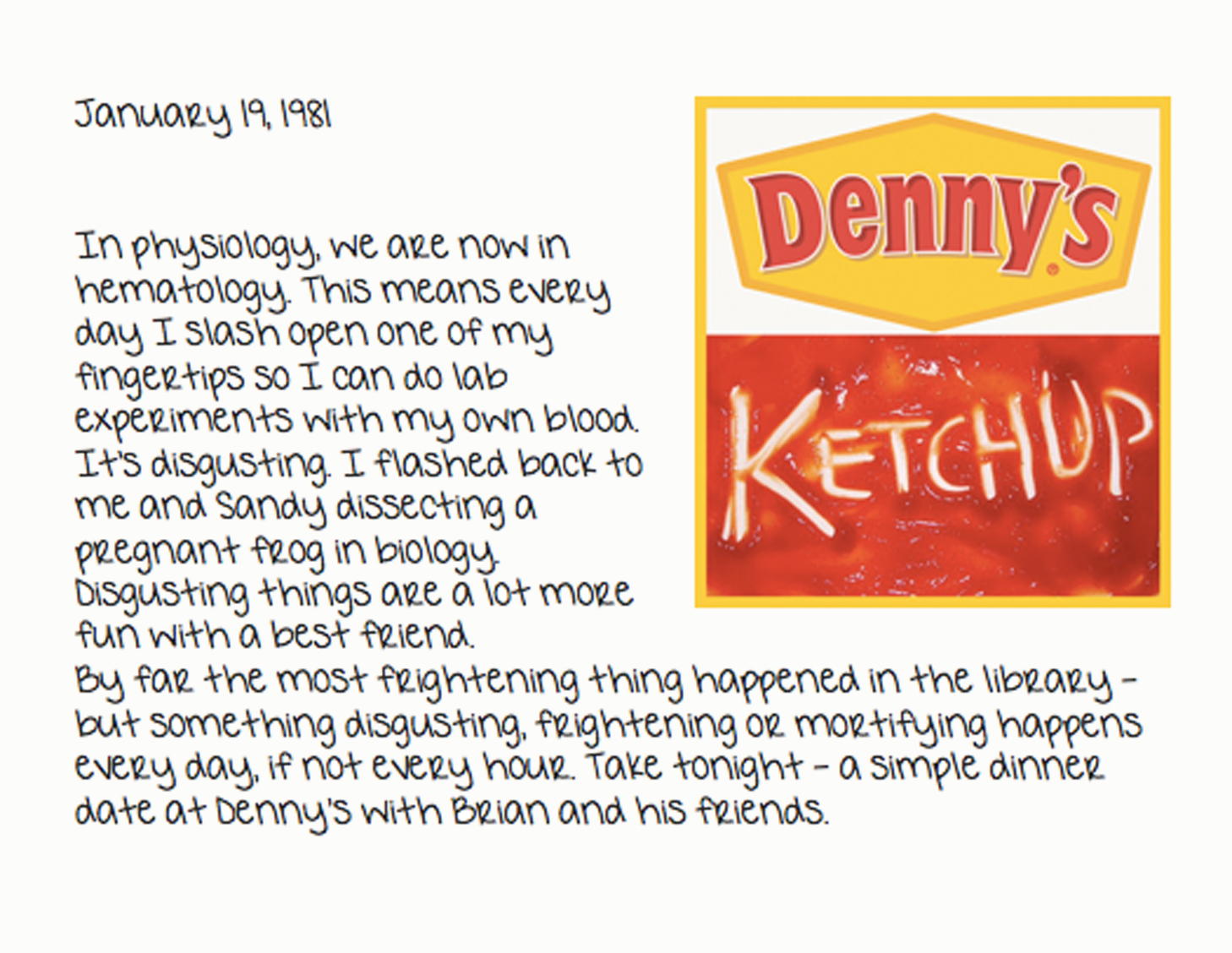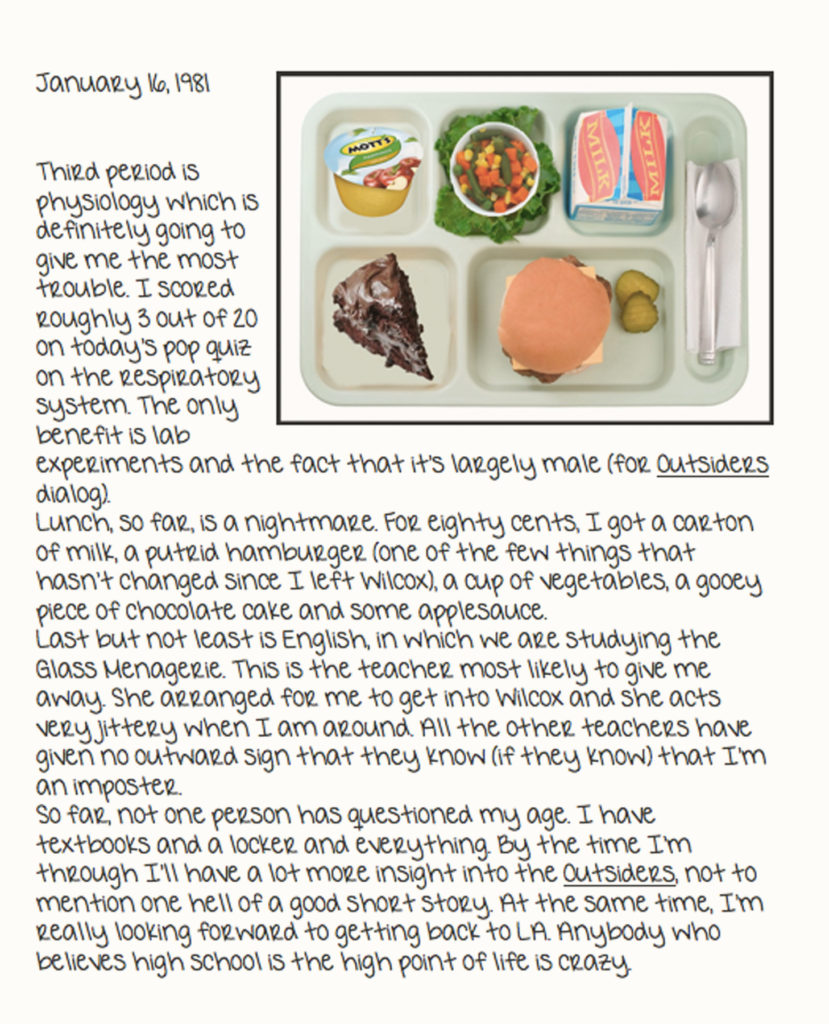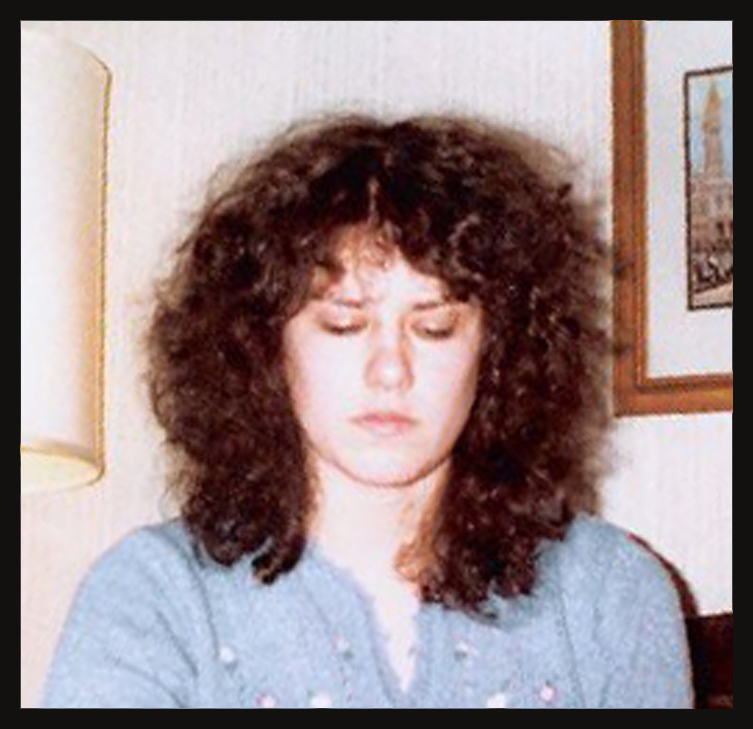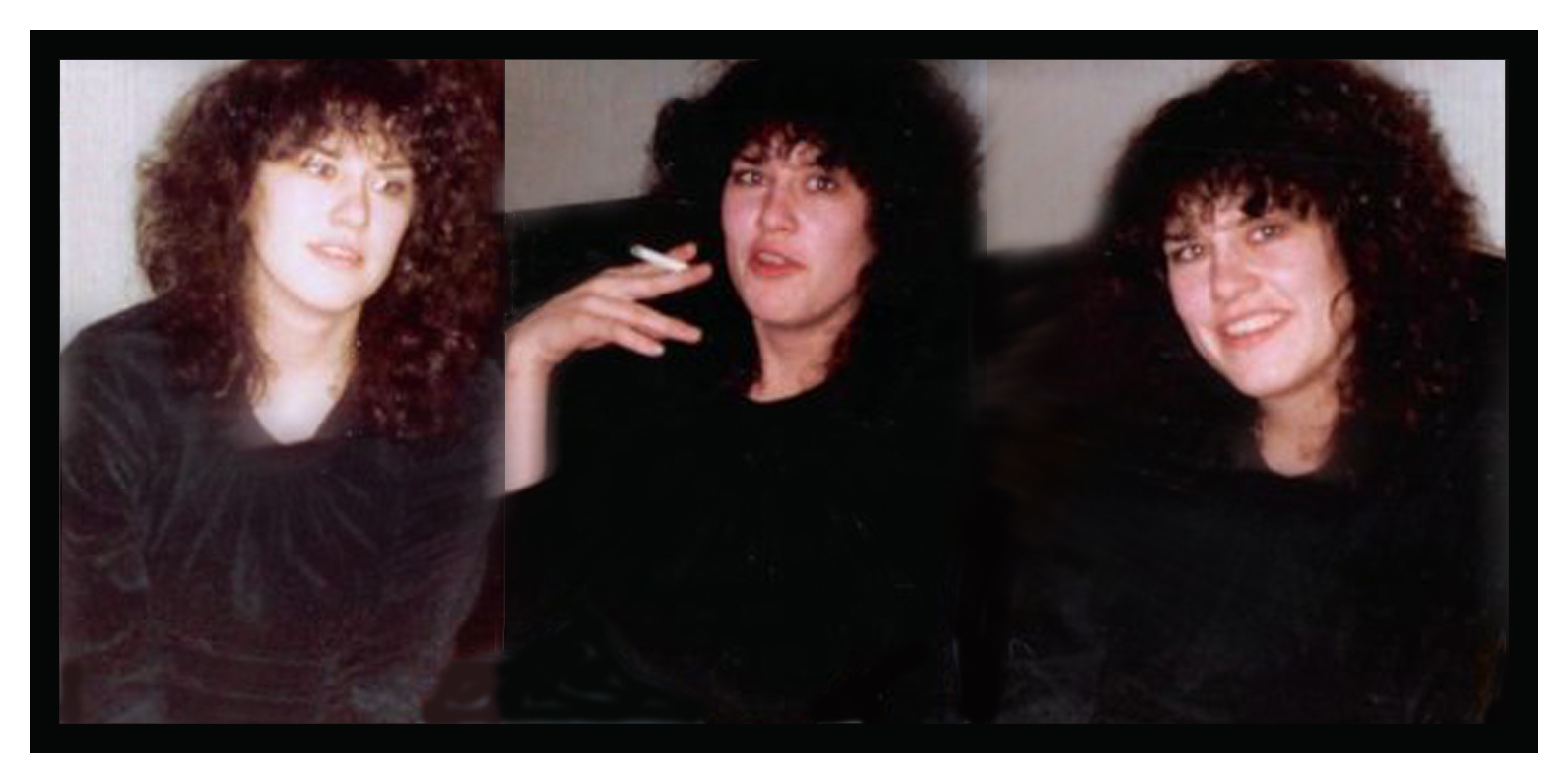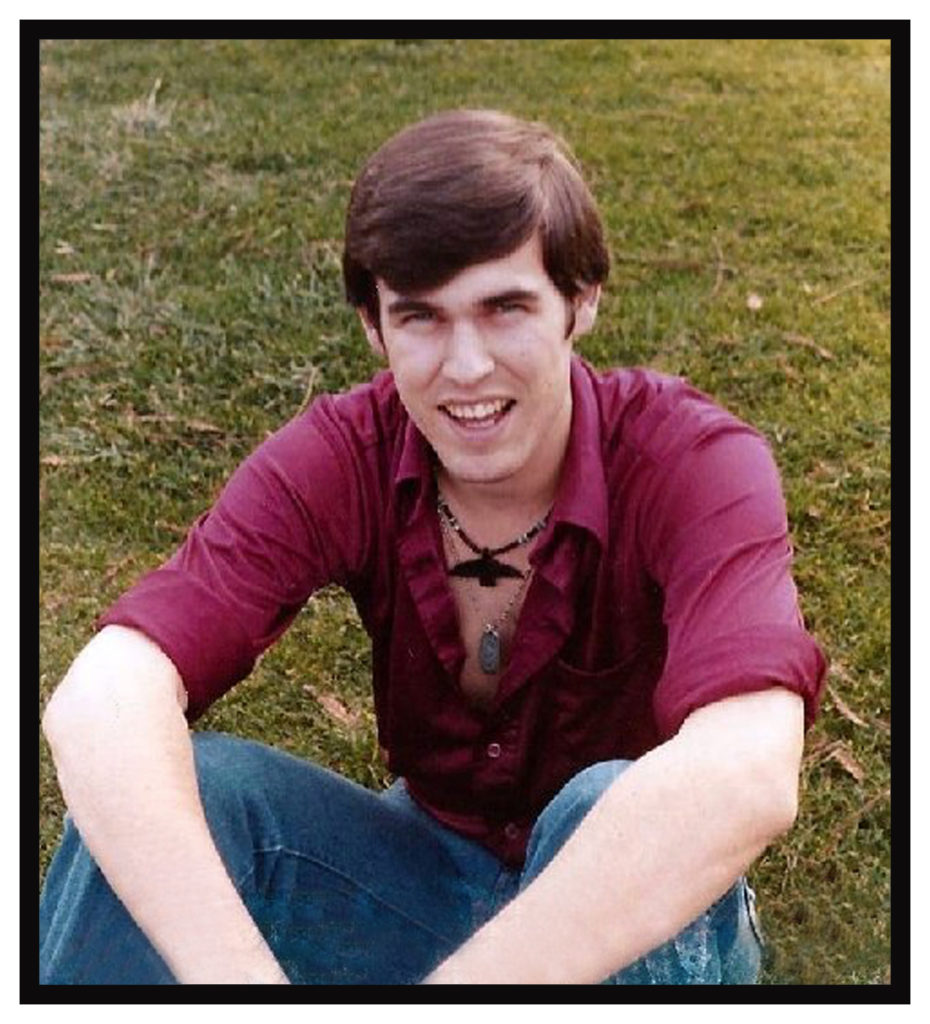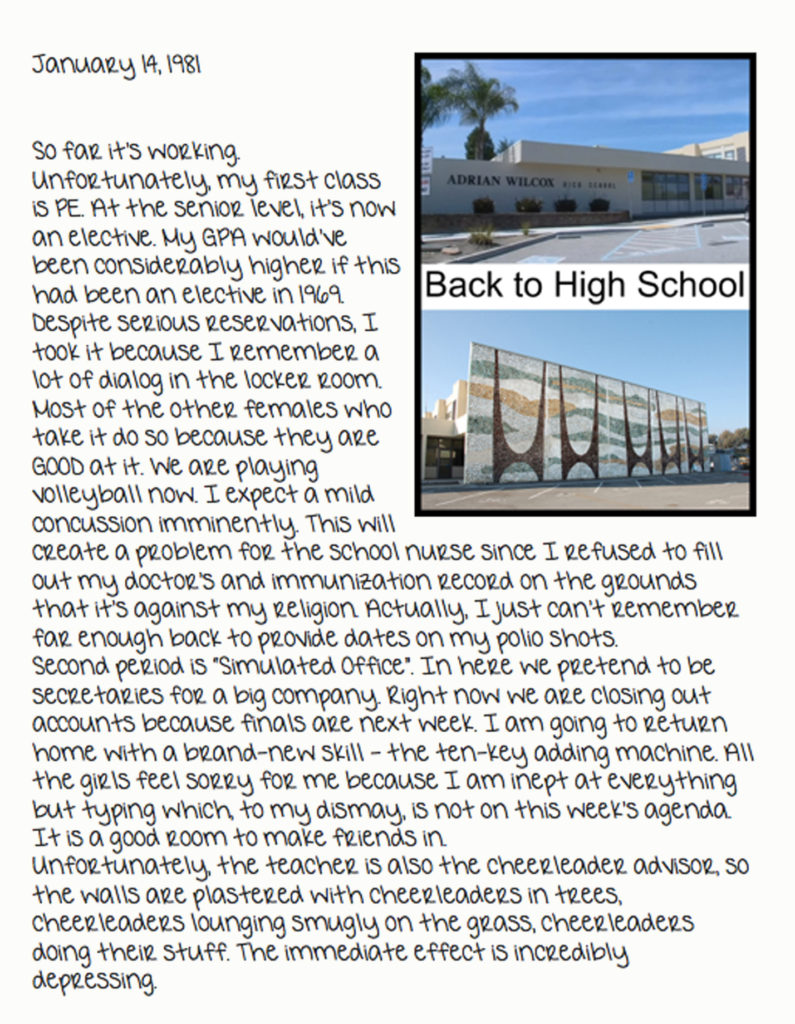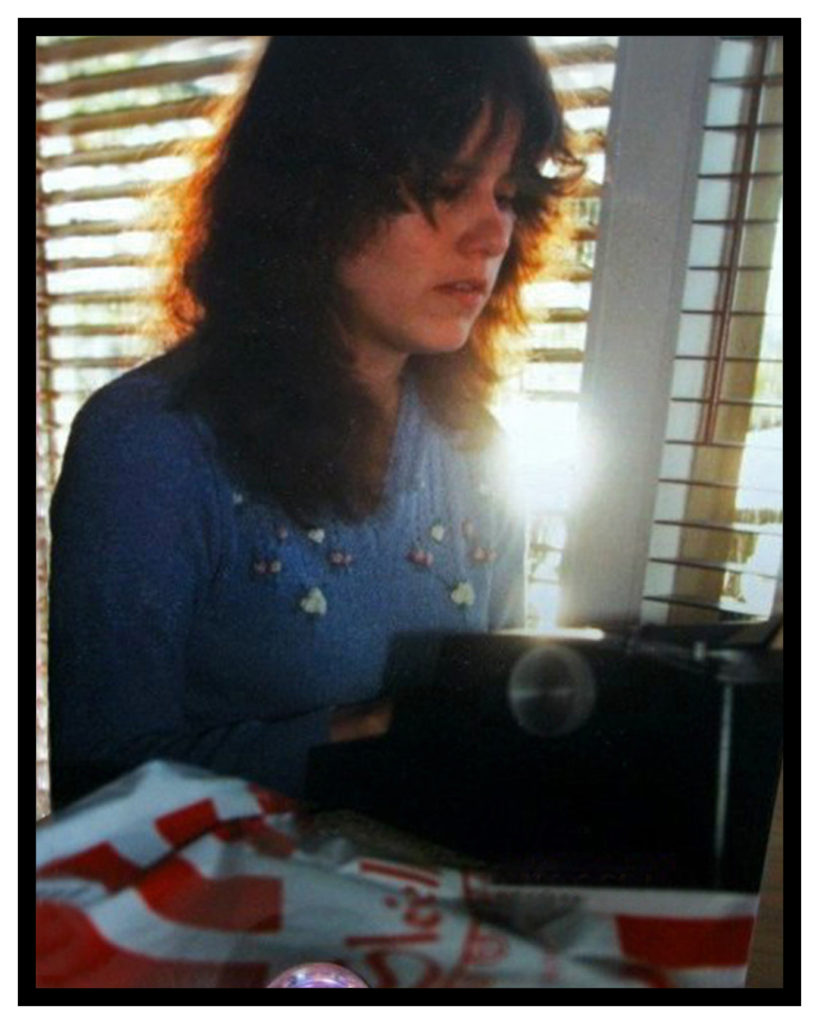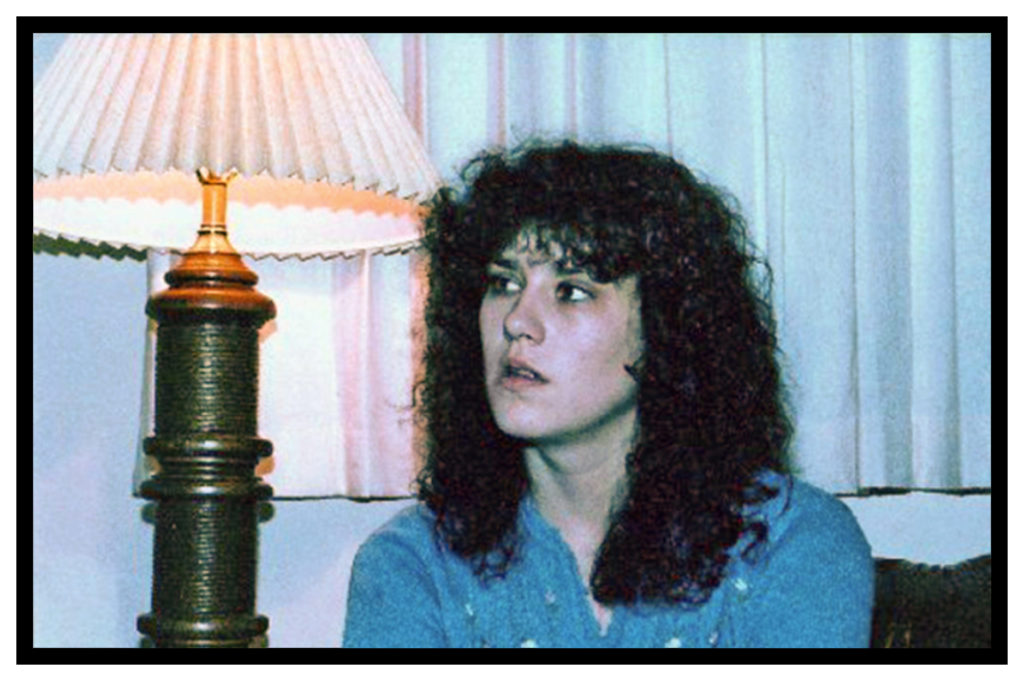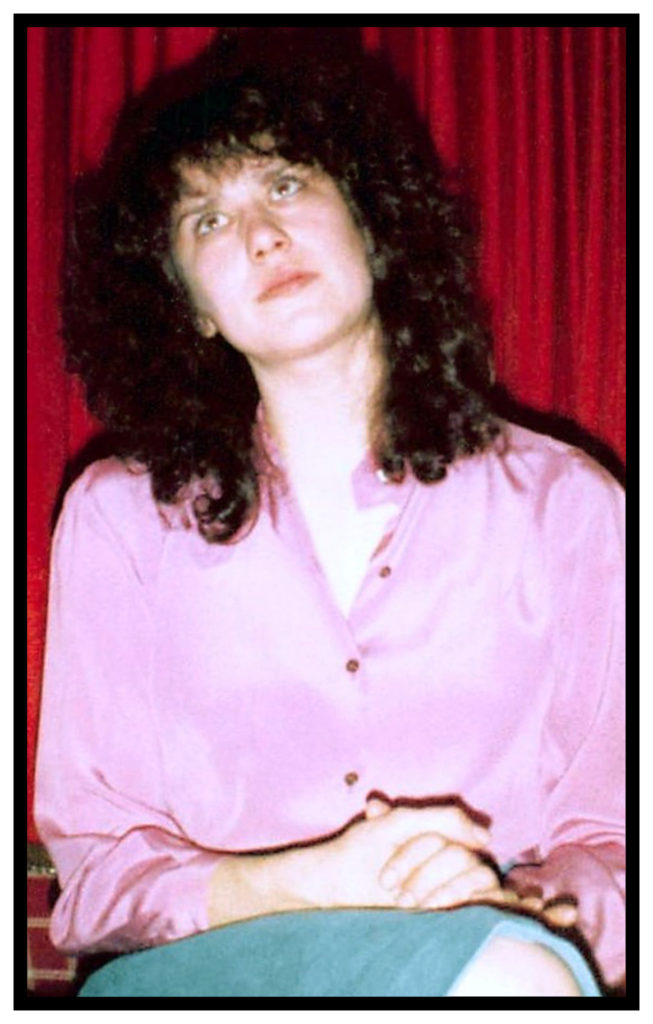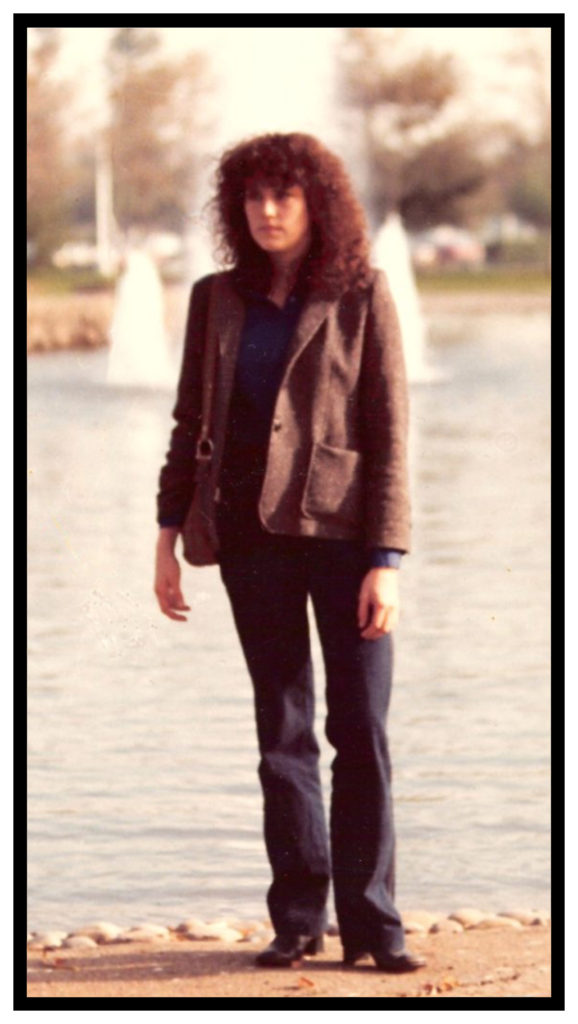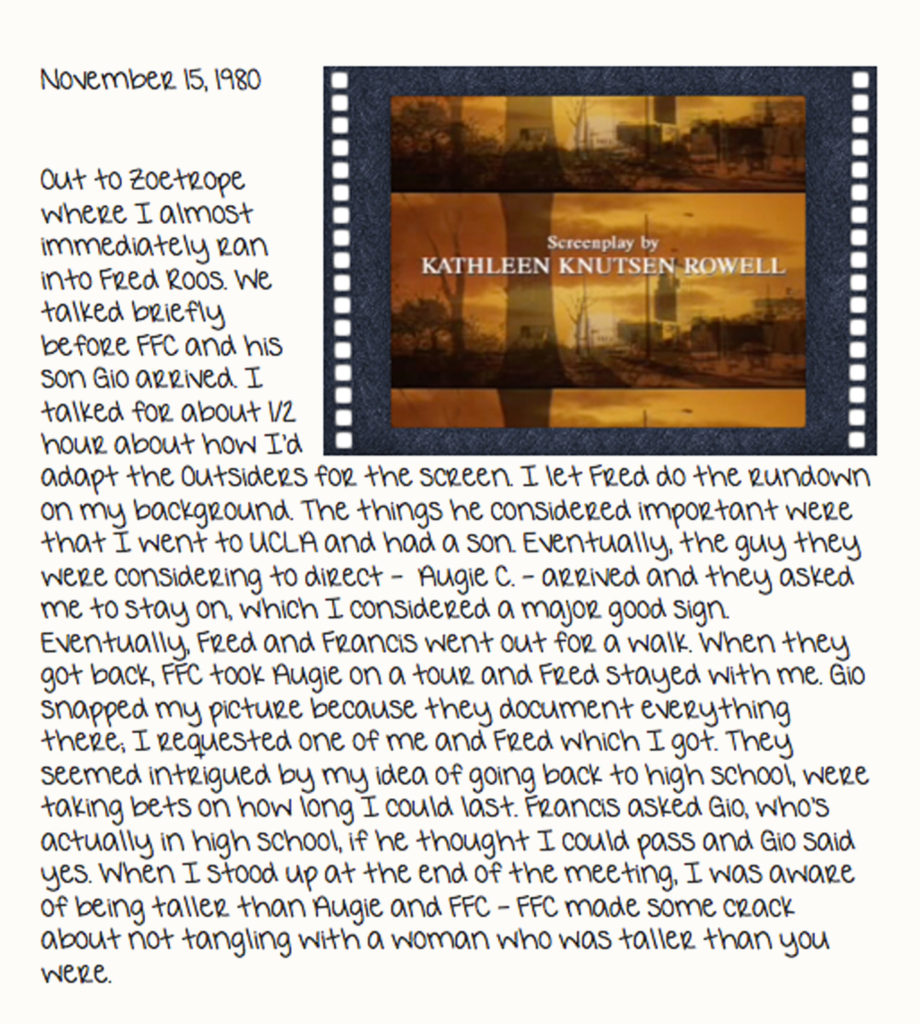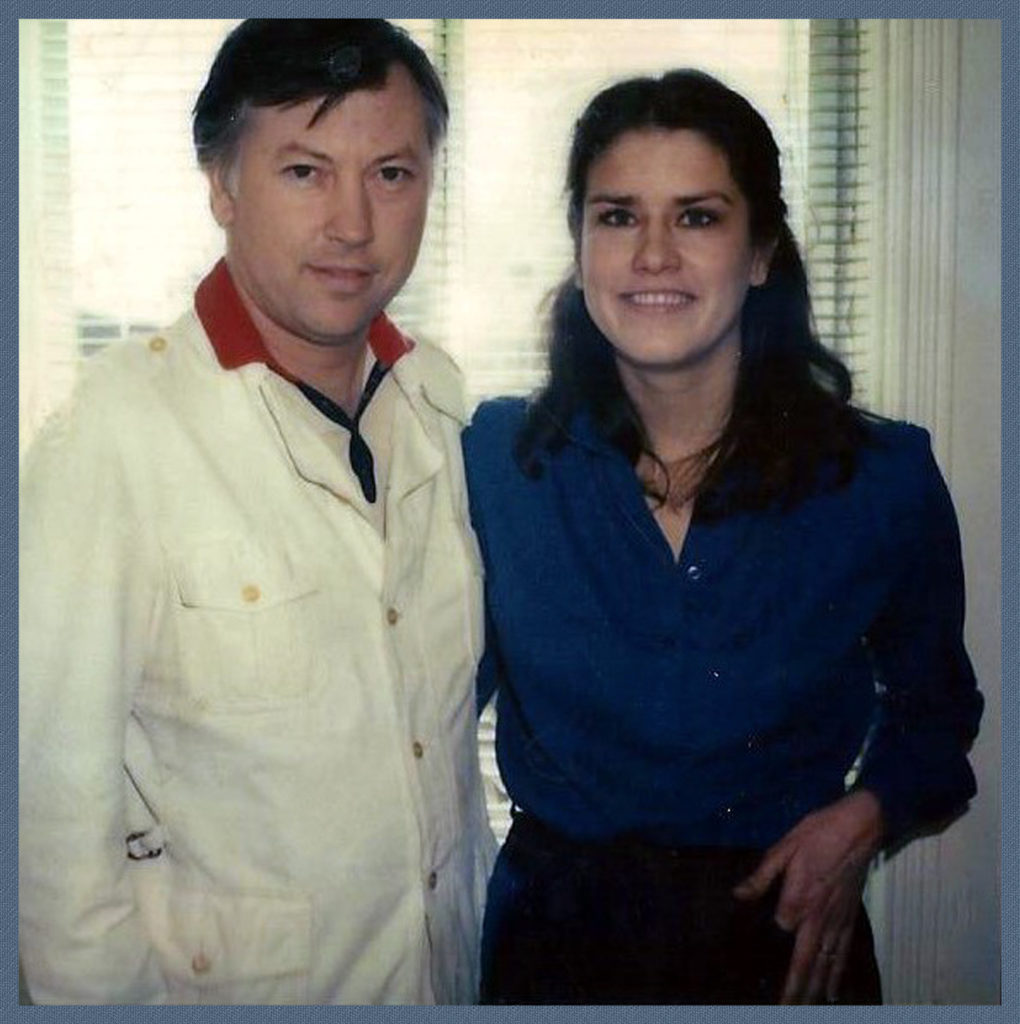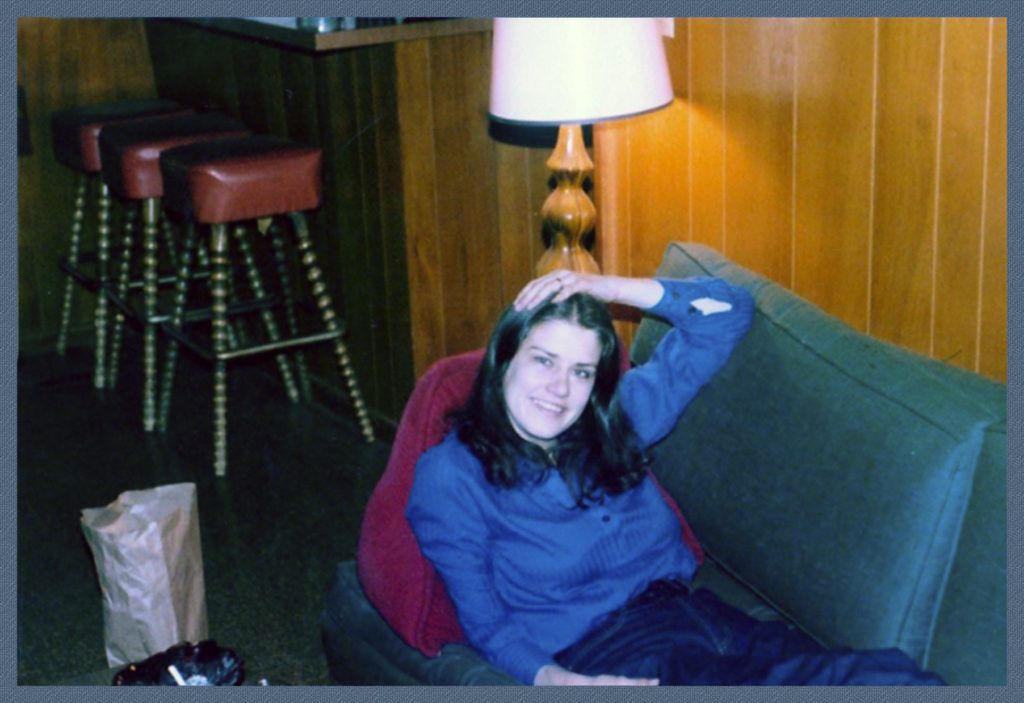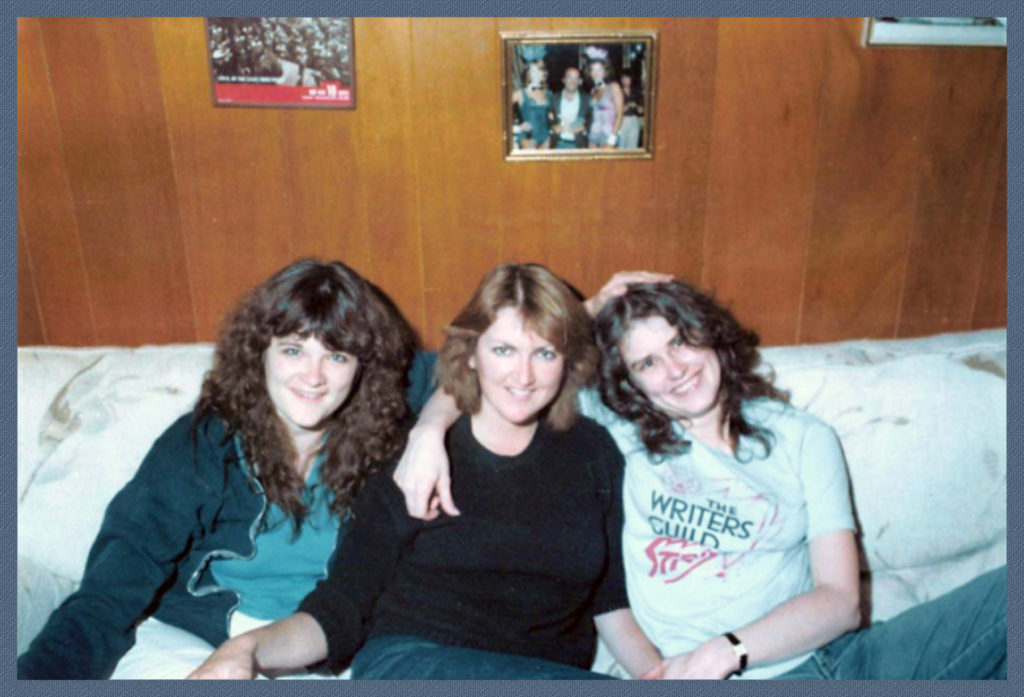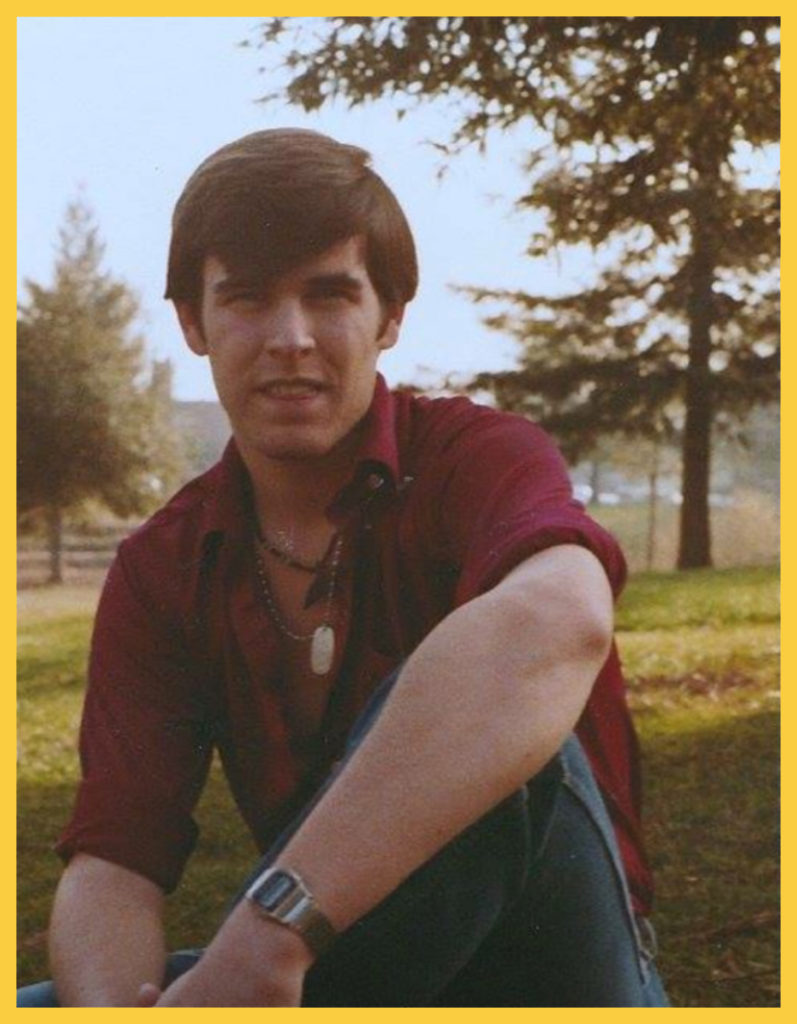
I was sandwiched in the center of a vinyl booth, two boys on either side. While they seemed semi-civilized at school, a round of Pepsis and fries at Denny’s unleashed their inner beast. As much as I hated to encounter obnoxious loud teenagers in real life, it was a thousand times worse to be dead center in a pack of them.
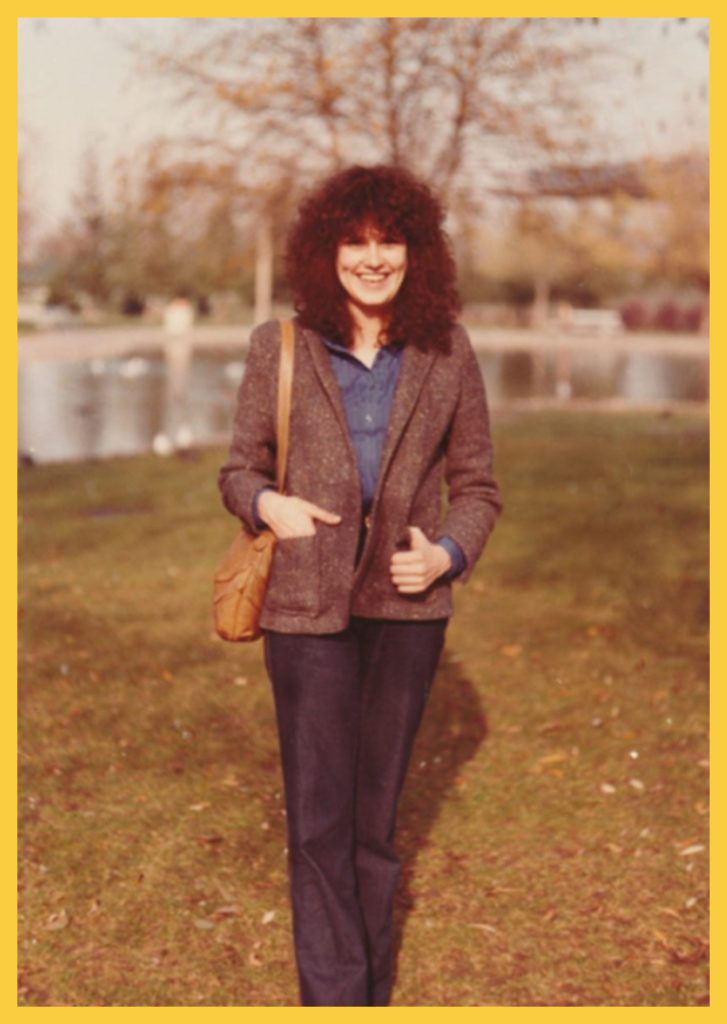
My adult self wanted to read them the riot act but my high school persona hunched speechless, red-faced.

They poured out the condiments Denny’s provided in little baskets on every table and scrawled their names in catsup, subbing salt for glitter. They blew straw wrappers at each other. They insulted diners who viewed us with disgust. If my four-year-old acted like this, I’d whisk him outside where he’d remain until he could behave himself but I didn’t have that option here. I wanted to beg our waitress’s forgiveness and leave a huge tip – I doubted the boys would leave a dime – but I couldn’t without calling attention to myself.
After they dropped me off, I called J in LA. “What’s up with your high school boyfriend?” he asked. I told him I wanted to dive under the table at Denny’s. It was hard for him to relate, since he lived a grown-up life with other adults.
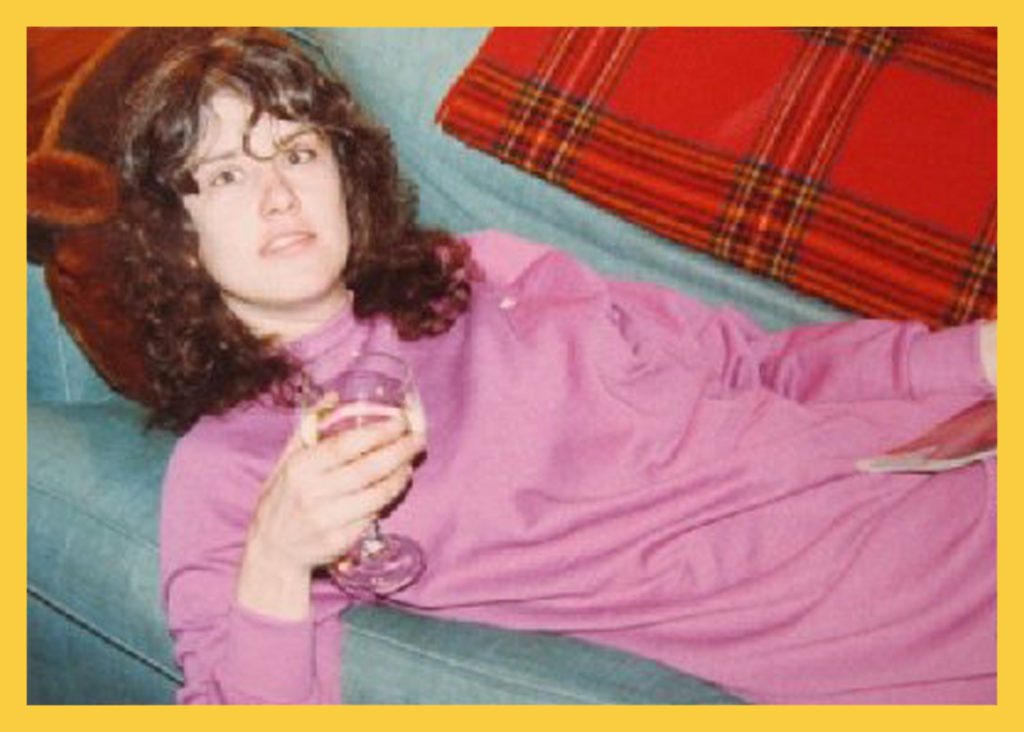
The worst was yet to come. My 3rd period teacher sent me to the library because they were taking a pop quiz on material I missed. Another class, taught by Mrs. Murray, one of my former teachers in real life, already occupied the library.
When the lunch bell blared, students mobbed the door. A popular-looking perky blonde shook her bangled wrist and regaled her court with details about where she bought it, who designed it, and how much she paid. Most “girl talk” I overheard concerned fashion. They were as passionate about cute clothes as my sixties friends were about rock concerts and Viet Nam. My musings skidded to a halt when Mrs. Murray peered over their heads and said,
My adrenalin lurched into flight or fight mode. It was all I could do not to react, to pretend I didn’t realize Mrs. Murray addressed me. She repeated herself, not taking her eyes off me.
I feigned confusion. “No,” I said.
“You look exactly like a girl I had ten years ago,” Mrs. Murray said.
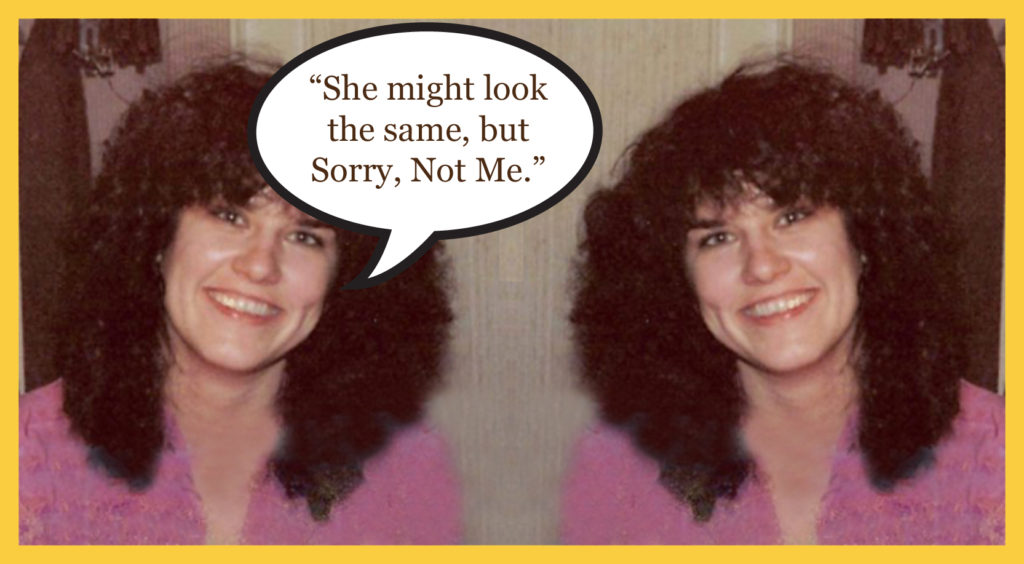 “Sorry, not me,” I said. As a preacher’s kid prone to Biblical references, I felt like Peter in the Garden of Gethsemane, denying my own identity three times. How could that exchange not arouse a glimmer of curiosity from one of the student witnesses? It didn’t. They were all more interested in being first in line at the snack bar than anything Mrs. Murray or I said.
“Sorry, not me,” I said. As a preacher’s kid prone to Biblical references, I felt like Peter in the Garden of Gethsemane, denying my own identity three times. How could that exchange not arouse a glimmer of curiosity from one of the student witnesses? It didn’t. They were all more interested in being first in line at the snack bar than anything Mrs. Murray or I said.
